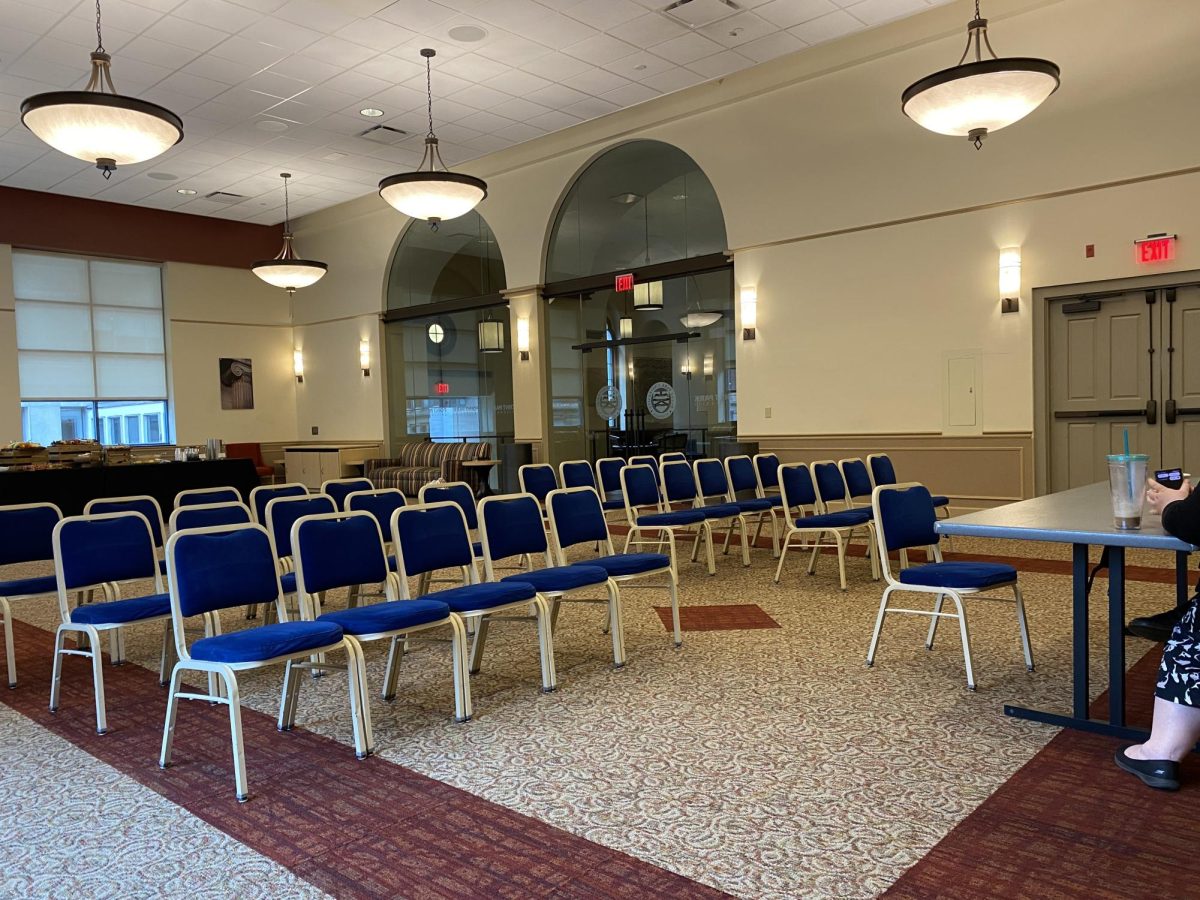There is no denying that some conditions at the university are far from perfect, but without talking about these problems directly to those who have any control in correcting them, how can you expect anything to get better?
Everyday, it seems like people have something to say about what is going wrong at our university. “We’re not being paid attention to!” “There are not enough support systems here!” “The food sucks!” Some of these criticisms are fresh, while others are almost as stale as a hamburger bun that has sat out for a week. You may hear some of this while talking with your friends or while sitting in class, though the unoriginality of these comments doesn’t diminish their validity.
But when do valid criticisms turn into whining just for the sake of doing so?
Even at the basic level of classes, think about course evaluations. Those exist for the benefit of you and the university. You get to discuss the good and bad about the class you’re in, the professor gets to see what their students say and can do what they want with the feedback, while the university pays attention to what’s consistent between all evaluations – good or bad. That is, if you take the time to respond to the course evaluation. Deciding not to take a few minutes out of your day to do them is a disservice to yourself and the school. If a class went well for the semester and you don’t say so through official channels, what good does it do? That class might not be offered anymore because the school doesn’t know if it was effective or not. The same is true for if a class does not go well and you decide to not speak on the experience at all. Do you want others to experience what you did? Chances are, you do not.
Now, there is a big difference between voicing your complaints out in the air versus discussing them with those who can address problems. Speaking into the void and hearing the echo of someone agreeing with you may be nice in the moment, but it does not solve anything. Commenting under social media posts trashing the school with anonymous accounts is yet another example of promoting no progress. Sure, being able to say what you want without repercussions is easy, but do you really care about a problem if you are not willing to put yourself and your name behind what you believe in?
Perhaps this may explain why, on March 14, a campus town hall regarding BIPOC experiences had to end two hours earlier than planned due to a lack of participants. Not taking advantage of the opportunity to speak directly to people who can listen to your experiences and do something about them is, once again, a disservice to yourself and the university.
It is very hard to imagine that BIPOC students here have nothing to say about their experiences here – after all, we are a predominantly white institution (PWI), and facing that reality has been long overdue. The town hall was meant to help this, but that would have only worked if students participated.
People having valid criticisms and complaints but not wanting to be a part of the solution does not end at university town halls either, unfortunately. This is still visible in city halls as well as board meetings, where sometimes only the most opinionated individuals decide to show up. But maybe speaking loudly about an issue is better than not speaking on it at all?
Making the same mistake twice would be foolish. Your problems deserve to get heard and taken care of, with people agreeing with you beyond liking your comments on Instagram. There is still one more student body town hall left. It will occur on April 9, open to all students. If you have a problem with anything at the university, then now is the time to get solutions going.




